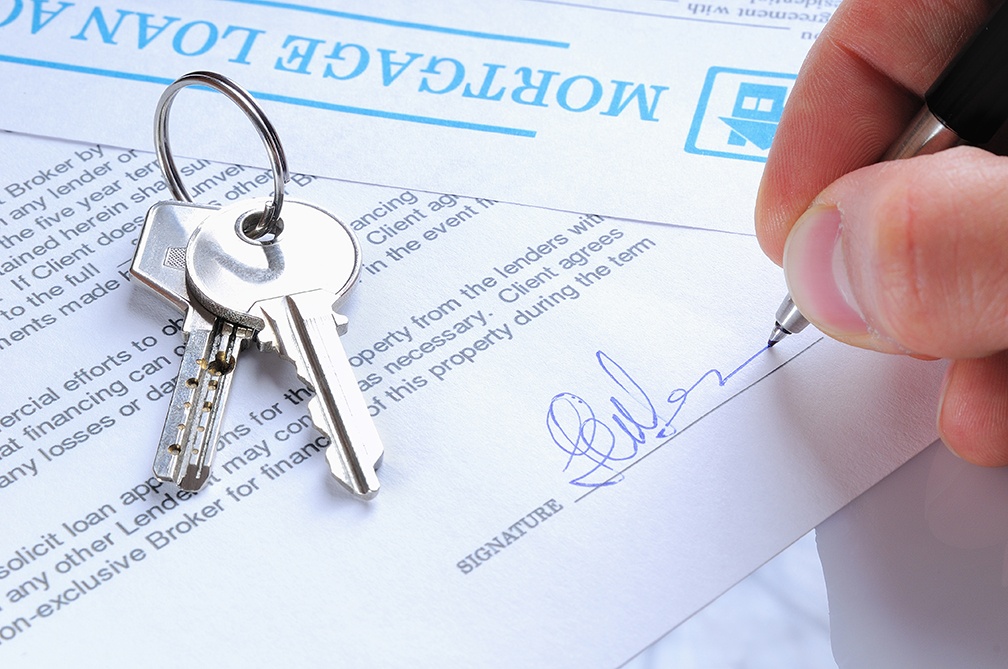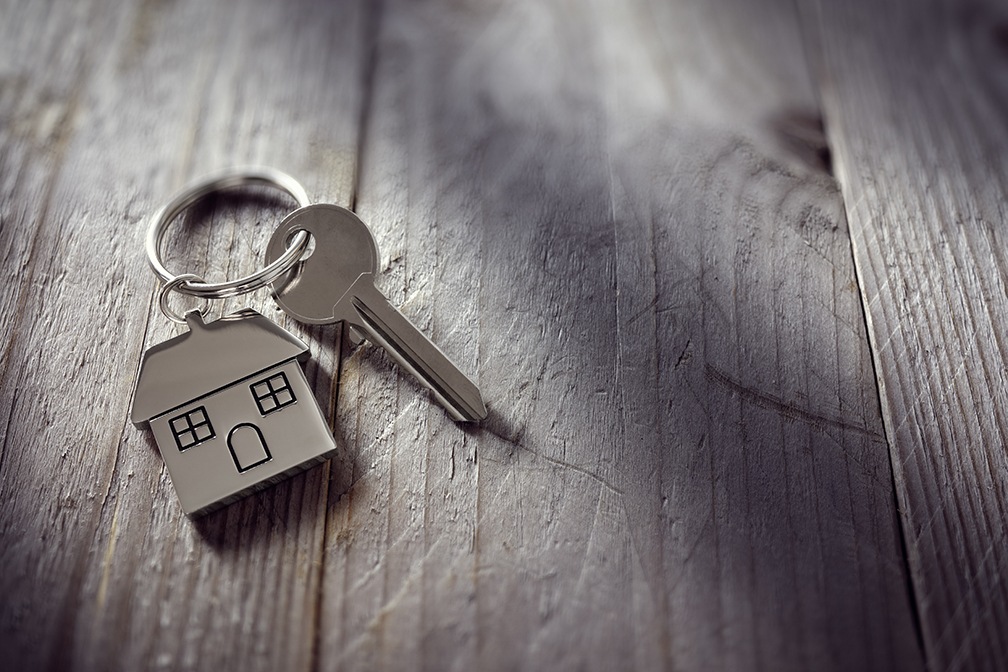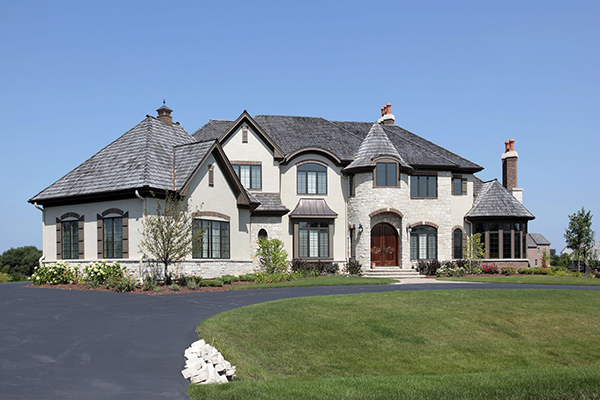 Has a loved one or family member recently passed on and left you with their home? Inheriting a house can be a delightful gift, but it can also present a significant number of challenges that you must navigate. Let’s explore how to deal with an inherited house and, should you decide to, how to sell it without incurring too much stress.
Has a loved one or family member recently passed on and left you with their home? Inheriting a house can be a delightful gift, but it can also present a significant number of challenges that you must navigate. Let’s explore how to deal with an inherited house and, should you decide to, how to sell it without incurring too much stress.
Are Emotions Involved?
The death of a family member or other loved one can be a trying time emotionally. Depending on how the deceased left the property, you may also have to deal with cleaning out personal belongings and reviving old memories. A battle over a will or the proceeds of an estate can compound the situation, making things worse.
If you are emotionally involved, it is best to work with a real estate agent who can do much of the heavy lifting. That way you can focus on supporting your family and keeping your stress levels down.
Understand Your Legal Obligations
Although real estate inheritance is common, there are still some legal issues that must be considered. As such, you will need to understand what your legal obligations are regarding the will or estate process. Are you the executor of the will, or is someone else? Is the property included in a trust, or is it free-standing and gifted directly to you? Has the probate period passed, or can a family member or relative still challenge the will? If you haven’t already, it is best to speak with a real estate professional or experienced lawyer to get their advice.
Consider The Tax Implications
As with any financial windfall, there are going to be tax implications that need to be considered when selling an inherited home. For example, it’s unlikely that you will qualify for the home sales tax exclusion unless you have been living in that house as your primary residence. Once you sell the home, you will also need to report the proceeds of the sale to the IRS. There are also a variety of different taxes that need to be factored in, including estate taxes, inheritance taxes and more.
Consult An Experienced Real Estate Agent
Selling a home that you have inherited in a will or as part of an estate can be an emotionally draining process. Before you make any moves, it is best to speak with a real estate professional. Contact our offices at your convenience and we will be happy to meet with you and share our guidance.
 Last week’s economic releases included readings on pending home sales, Case-Shiller Home Price Indices and construction spending. The Federal Open Market Committee of the Federal Reserve released its monthly statement and weekly readings on mortgage rates and new jobless claims were released. Last week’s economic readings wrapped with a report on consumer confidence.
Last week’s economic releases included readings on pending home sales, Case-Shiller Home Price Indices and construction spending. The Federal Open Market Committee of the Federal Reserve released its monthly statement and weekly readings on mortgage rates and new jobless claims were released. Last week’s economic readings wrapped with a report on consumer confidence. If you are a homeowner thinking about a significant home renovation in 2018, you have probably already considered your budget. As with any large project, you need to have the ability to pay the expected costs plus have a little bit extra set aside, just in case. The great news is that if you are a homeowner with a mortgage, you may qualify for cash-out refinancing, which can be a helpful way to leverage some of your home equity to cover renovation costs.
If you are a homeowner thinking about a significant home renovation in 2018, you have probably already considered your budget. As with any large project, you need to have the ability to pay the expected costs plus have a little bit extra set aside, just in case. The great news is that if you are a homeowner with a mortgage, you may qualify for cash-out refinancing, which can be a helpful way to leverage some of your home equity to cover renovation costs. Whether you have recently graduated from college or are getting close to retirement, it’s likely that you have given some thought as to how you can grow your net worth. You might have invested in stocks, picked up a few bonds or have a 401(k) plan set up to help fund your retirement. But have you considered buying real estate as part of your portfolio?
Whether you have recently graduated from college or are getting close to retirement, it’s likely that you have given some thought as to how you can grow your net worth. You might have invested in stocks, picked up a few bonds or have a 401(k) plan set up to help fund your retirement. But have you considered buying real estate as part of your portfolio? Have you finally found your dream home after months of searching, only to discover that the seller has received other offers? Few circumstances can raise your stress level as much as finding yourself in a bidding war against another buyer. However, being unprepared by not having your finances in order can make the situation even worse. Let’s take a quick look at a few ways that you can speed up your mortgage approval if you are in a hurry to buy your next home.
Have you finally found your dream home after months of searching, only to discover that the seller has received other offers? Few circumstances can raise your stress level as much as finding yourself in a bidding war against another buyer. However, being unprepared by not having your finances in order can make the situation even worse. Let’s take a quick look at a few ways that you can speed up your mortgage approval if you are in a hurry to buy your next home. Are you thinking of buying a new home this spring or summer? If so, you’re not alone. Many thousands of individuals and families alike will become homeowners this year. Whether you’re a first-time buyer or a seasoned veteran of the housing market, you probably know there are significant choices to make. One of the big decisions you will have to ponder is how much you want to invest in your down payment.
Are you thinking of buying a new home this spring or summer? If so, you’re not alone. Many thousands of individuals and families alike will become homeowners this year. Whether you’re a first-time buyer or a seasoned veteran of the housing market, you probably know there are significant choices to make. One of the big decisions you will have to ponder is how much you want to invest in your down payment. Last week’s economic news included releases on new and existing home sales along with weekly readings on mortgage rates and first-time jobless claims.
Last week’s economic news included releases on new and existing home sales along with weekly readings on mortgage rates and first-time jobless claims. Spring is almost here – and with it, the need to clean out the clutter and freshen up your home. Let’s explore a few tips that will help you to get a jump on your spring cleaning so that you can get outside and enjoy the nice weather later.
Spring is almost here – and with it, the need to clean out the clutter and freshen up your home. Let’s explore a few tips that will help you to get a jump on your spring cleaning so that you can get outside and enjoy the nice weather later. If you are thinking of buying a condominium or a home that is part of a planned community, you have likely come across the term “homeowners’ association” or HOA. In short, the HOA is a coalition of local homeowners who have banded together to manage the needs of the local community. Let’s explore the concept of the homeowners’ association, why they charge fees and what you can expect from your HOA if you buy a home that is part of one.
If you are thinking of buying a condominium or a home that is part of a planned community, you have likely come across the term “homeowners’ association” or HOA. In short, the HOA is a coalition of local homeowners who have banded together to manage the needs of the local community. Let’s explore the concept of the homeowners’ association, why they charge fees and what you can expect from your HOA if you buy a home that is part of one. Homebuilder confidence in housing market conditions dipped two points in January; ongoing challenges including labor shortages and materials costs were cited by the National Association of Home Builders, which provides monthly readings on home builder sentiment. Three component readings of the Housing Market Index declined by one point each. Readings for current sales conditions, housing market conditions for the next six months and for buyer traffic within new single-family housing developments were 79, 78 and 54 respectively.
Homebuilder confidence in housing market conditions dipped two points in January; ongoing challenges including labor shortages and materials costs were cited by the National Association of Home Builders, which provides monthly readings on home builder sentiment. Three component readings of the Housing Market Index declined by one point each. Readings for current sales conditions, housing market conditions for the next six months and for buyer traffic within new single-family housing developments were 79, 78 and 54 respectively.